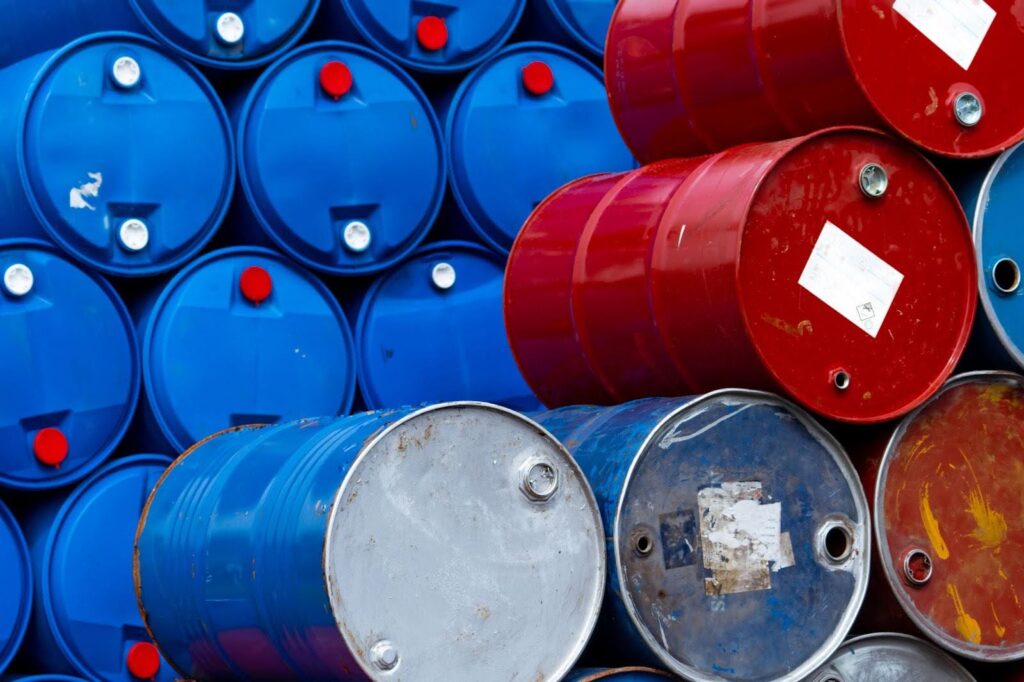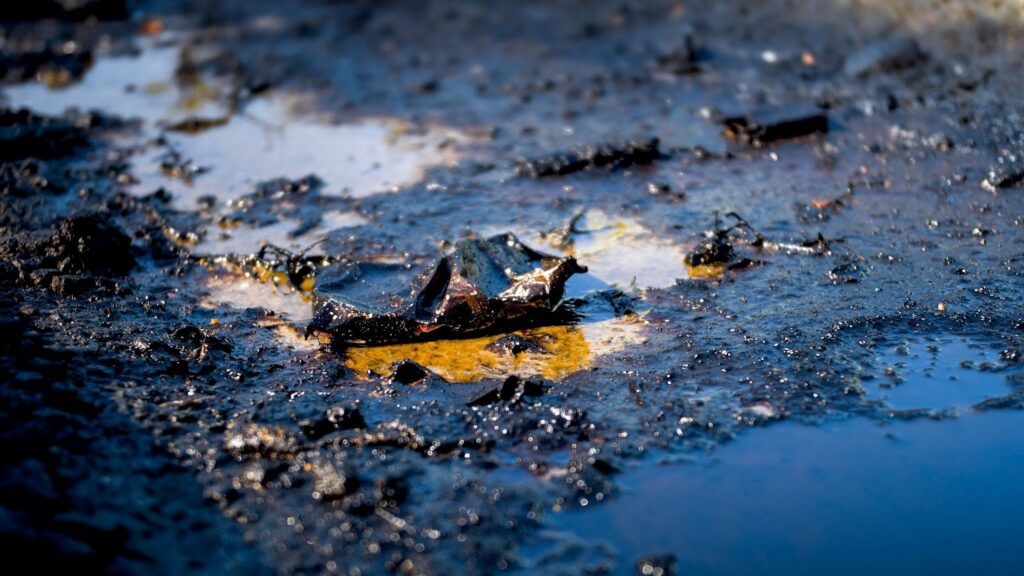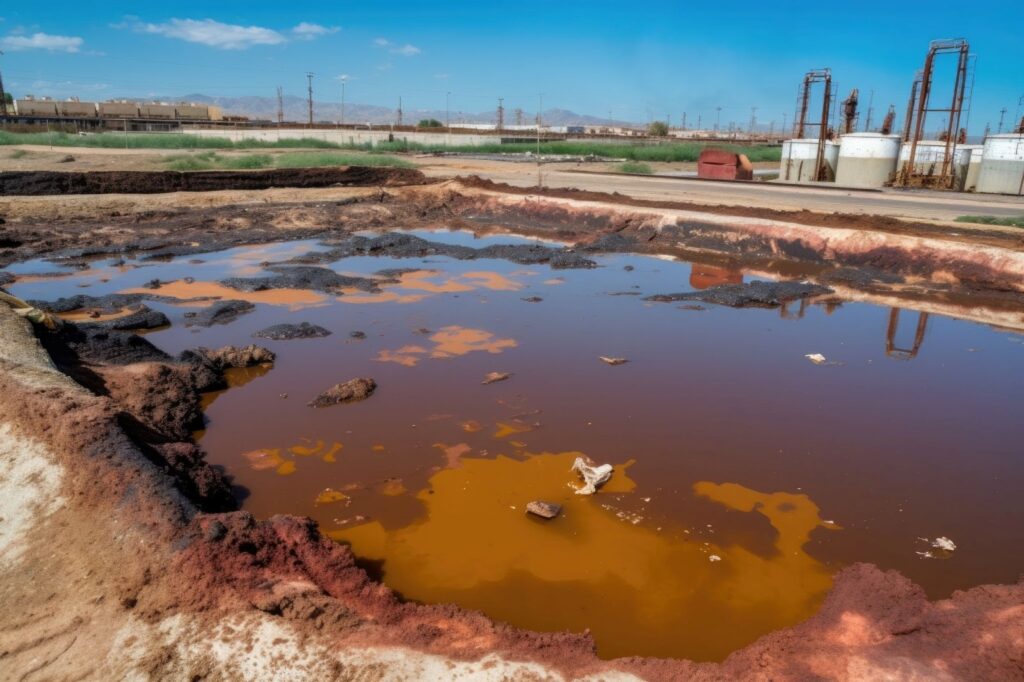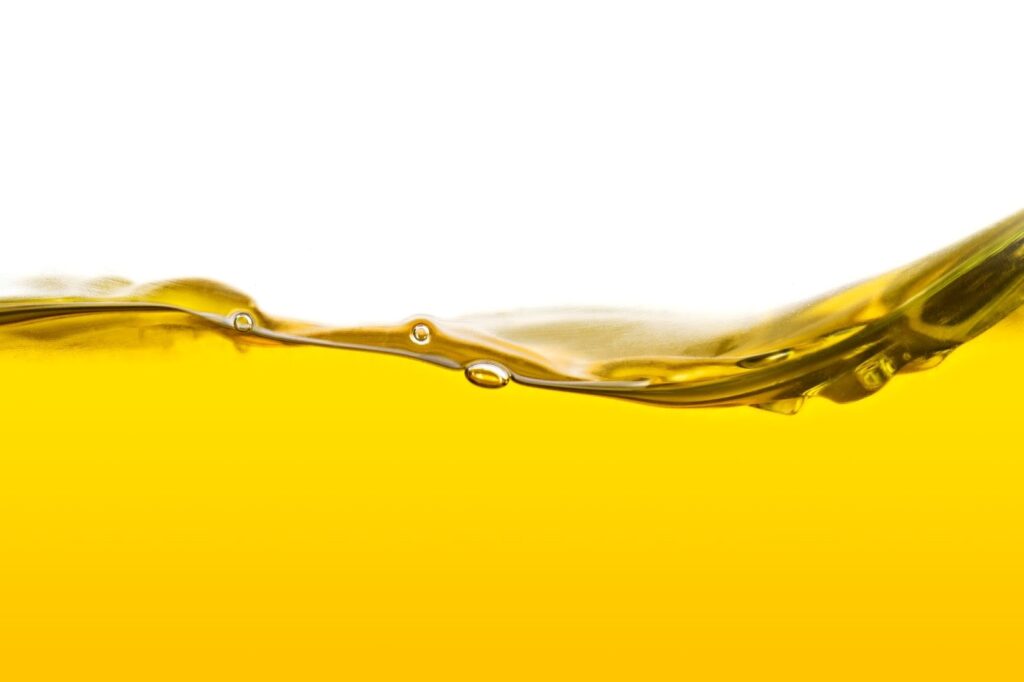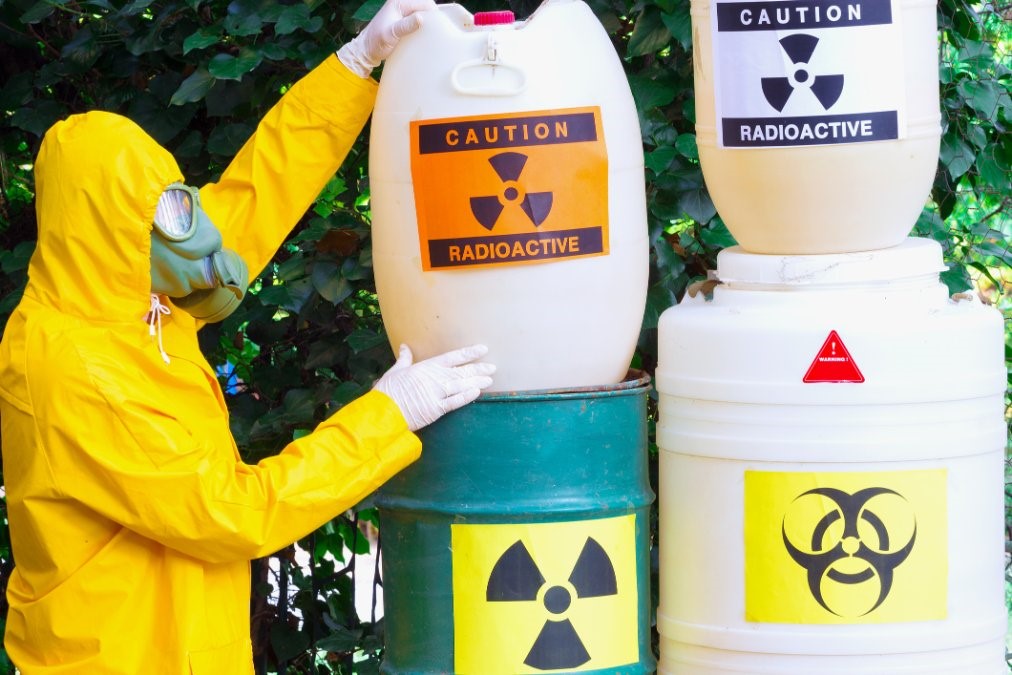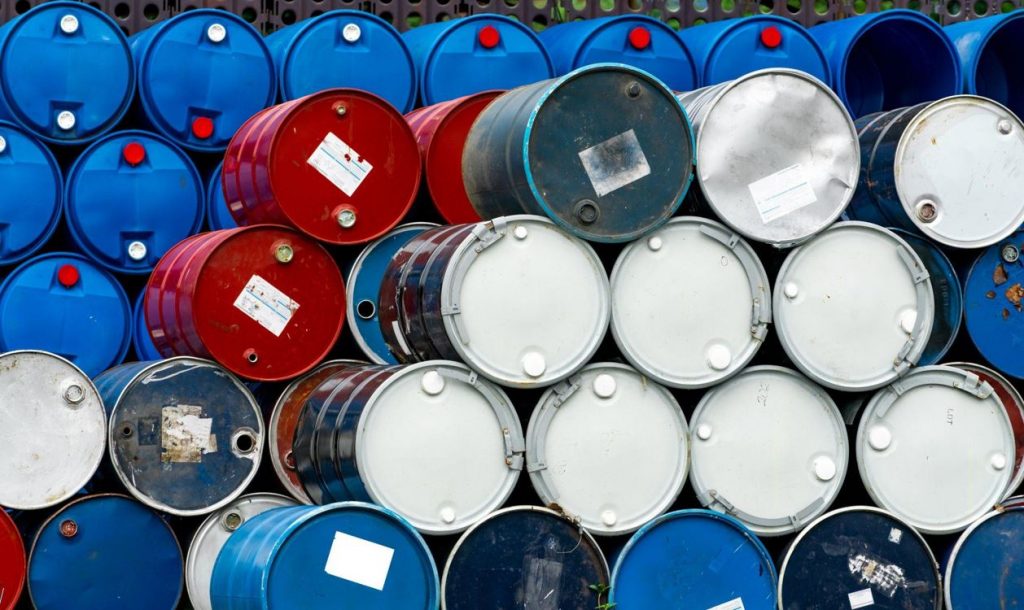Blog |
Articles for Waste Oil Management and Oily Water
In our blog, we write about best practices and trends related to waste oil management and oily water.
Learn more about them as we share them in our blog posts.
Industrial processing plays an important role in development. That’s where we get food, beverages, pharmaceuticals, chemicals and pretty much everything from. However, irresponsible practices can lead to the disposal of harmful waste into our environment. Read more
Oily water has had drastic effects on our waters. This not only affects the environment but also poses significant risk to human health. Read more
Discover the importance of proper oily wastewater disposal. Click here to learn more about the sources, regulatory compliance in Singapore and many more. Read more
Understand the difference between used oil and waste oil. Learn the importance of recycling used oil and proper disposal. Click here to learn more! Read more
Learn why waste oil is hazardous and how Singapore enforces strict regulations for responsible management. Click here to learn more! Read more
Discover the importance of proper oily wastewater disposal. Click here to learn more about the sources, regulatory compliance in Singapore and many more. Read more
Recycling has become a buzzword in the environmental industry. Oil is one of the most widely used commodities on the planet. Learn more about the benefits of recycling used oil here. Read more
What are the different types of chemical wastes available, and how are they managed? Read on to learn more. Read more
What happens to chemical wastes once they’re gathered for treatment and disposal? Read on to learn more. Read more
Discover Singapore regulated toxic waste disposal system which including alkaline waste. Ensure safe disposal with expert guidance. Click here to learn more. Read more




